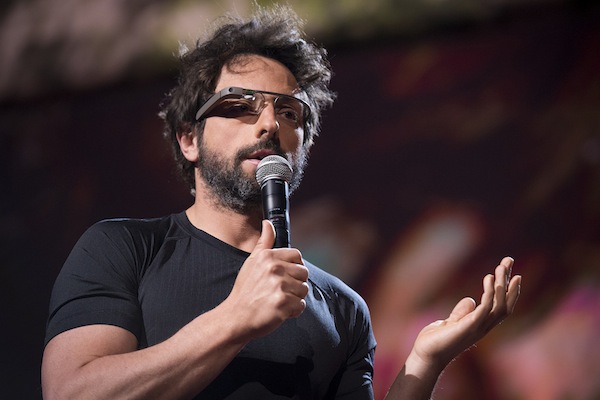As Google Glass Nears Release, Legal Problems Arise

 Credit: TED Conference
Credit: TED Conference
As Google Glass nears release, many are concerned over some of the legal issues this revolutionary device could bring up. One of the most prominent -- and potentially most important for Google -- is the breach of privacy. Most notably, a bar in Seattle called 5 Point Cafe publicly banned Google Glass from its establishment by posting a short, but direct post on its blog:
"If you’re one of the few who are planning on going out and spending your savings on Google Glasses – what will for sure be a new fad for the fanny-pack wearing never removing your bluetooth headset wearing crowd – plan on removing them before you enter The 5 Point. The 5 Point is a No Google Glass zone. Respect our customers privacy as we’d expect them to respect yours."
While this ban may or may not actually be enforced, it calls into question the privacy issue Google Glass raises. The ability to quickly send or receive information about an individual without said individual's consent could be problematic, especially in a place like a bar.
Google, however, remains optimistic that its new technology will eventually be accepted -- even by naysayers.
“It is still very early days for Glass, and we expect that as with other new technologies, such as cell phones, behaviors and social norms will develop over time,” a Google spokesperson said in an interview.
Since one of the largest demographics of Google Glass will be college-aged users, one problem to consider is the use of Google Glass for cheating. The general method would be the same, except it will be almost impossible to detect a student using Google Glass actually cheating during an exam.
The obvious solution is to simply ban Google Glasses before each exam, but it wouldn't be long before there are models of Google Glass that are virtually indistinguishable from normal prescription glasses. There are a number of solutions to this on the table, from classroom-wide jamming devices to spot-checks of glasses to ensure they are not made by Google.
Advertising is another interesting speed bump for Google Glass. Since advertising relies on quickly acquiring the attention of the consumer, many early advertisements in Google Glass could be intrusive. This could be bad -- even lethal -- if the user is driving or performing some other complex task.
Likely high on the list of concerns with Google Glass, along with privacy, is security. The issue was raised recently when Google Glass was hacked by infamous hacker Liam McLoughlin.
"Once the attacker has root on your Glass, they have much more power than if they had access to your phone or even your computer: they have control over a camera and a microphone that are attached to your head. A bugged Glass doesn't just watch your every move: it watches everything you are looking at (intentionally or furtively) and hears everything you do," said programmer Jay Freeman in a blog post. "The only thing it doesn't know are your thoughts."
The solution to this security breach is simple: time. The technology is new and relatively easy to hack since it uses almost identical software to Android phones (which can be hacked in a variety of ways). In time, Google Glass-specific software will be developed which will allow programmers to focus on security specific to Google Glass.



